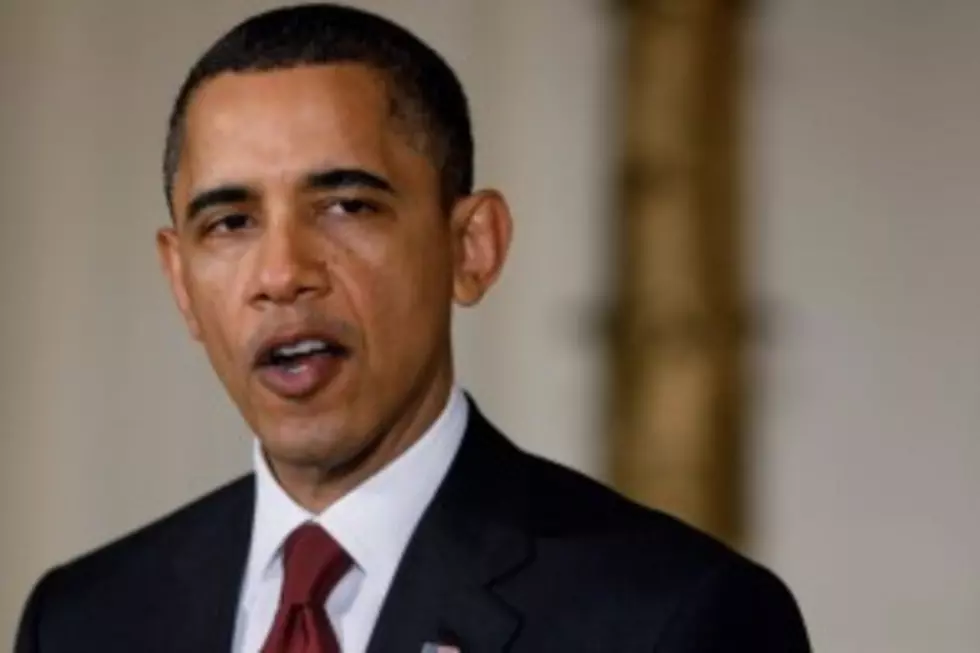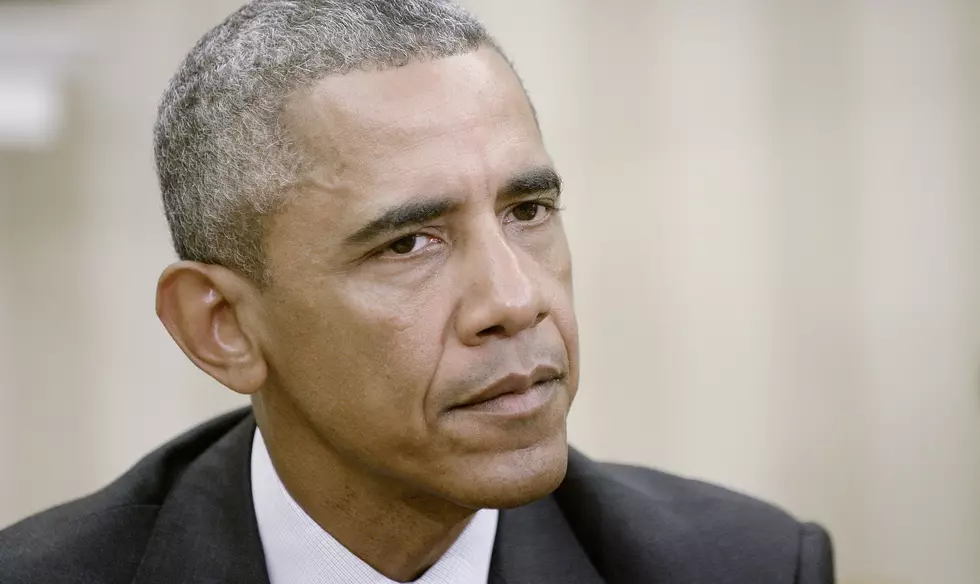
Obama to Speak on Libya Tonight
US President Barack Obama prepared Monday to give a prime-time address to the nation aimed at winning the support of a war-weary American public for the military intervention in Libya.
After inheriting wars in Afghanistan and Iraq, the Nobel Peace Prize-winning president finds himself embroiled in yet another conflict, this time one of his own choosing and one that many at home are not convinced by.In his address at 4:30 pm pacific from the National Defense University in Washington, Obama must win over a largely skeptical public preoccupied by domestic economic concerns and unclear what the Libya endgame is.
Obama, who has been criticized since military action began nine days ago for not getting his message across, will also give interviews on Tuesday with the anchors of three US television networks, the White House said.
Lawmakers, including many from Obama's own Democratic Party, are angry Congress was not consulted before troops were deployed and have raised concerns the Libya mission is ill-defined and the exit strategy unclear.
On the eve of one of the president's most important foreign policy speeches to date, Defense Secretary Robert Gates and Secretary of State Hillary Clinton took to the Sunday news talk shows to answer his critics.
They argued that the United States had to intervene quickly in Libya for humanitarian reasons and also made a broader case that inaction would have had disastrous knock-on effects for the region.
"It was not a vital national interest to the United States, but it was an interest," said Gates, pointing to the possibility of a mass exodus of refugees that could have overwhelmed Tunisia and Egypt.
"So you had a potentially significantly destabilizing event taking place in Libya that put at risk potentially the revolutions in both Tunisia and Egypt.
"Egypt is central to the future of the Middle East," Gates added.
"Imagine we were sitting here and Benghazi had been overrun, a city of 700,000 people, and tens of thousands of people had been slaughtered, hundreds of thousands had fled... either with nowhere to go or overwhelming Egypt while it's in its own difficult transition," she said.
"The cries would be, 'why did the United States not do anything? How could you stand by when, you know, France, and the United Kingdom, and other Europeans, and the Arab League, and your Arab partners were saying, 'You've got to do something?'"
Rebel forces on the ground were gaining momentum as they wrested back control of key towns and pressed on westwards towards Tripoli, reaching Kadhafi's hometown of Sirte, which was pounded overnight by coalition jets.
The United States and its allies are hopeful that Kadhafi's regime will eventually crack. They dread a long drawn-out conflict that could test the political will of their patchwork coalition.
More From News Talk KIT
![[ VIDEO] Yakima Bishop Joseph Tyson Talk To KIT About DACA Program](http://townsquare.media/site/113/files/2017/09/hqdefault.jpg?w=980&q=75)

![How Did President Trump Do in His Speech to Congress? [POLL]](http://townsquare.media/site/113/files/2017/03/GettyImages-646462752.jpg?w=980&q=75)





